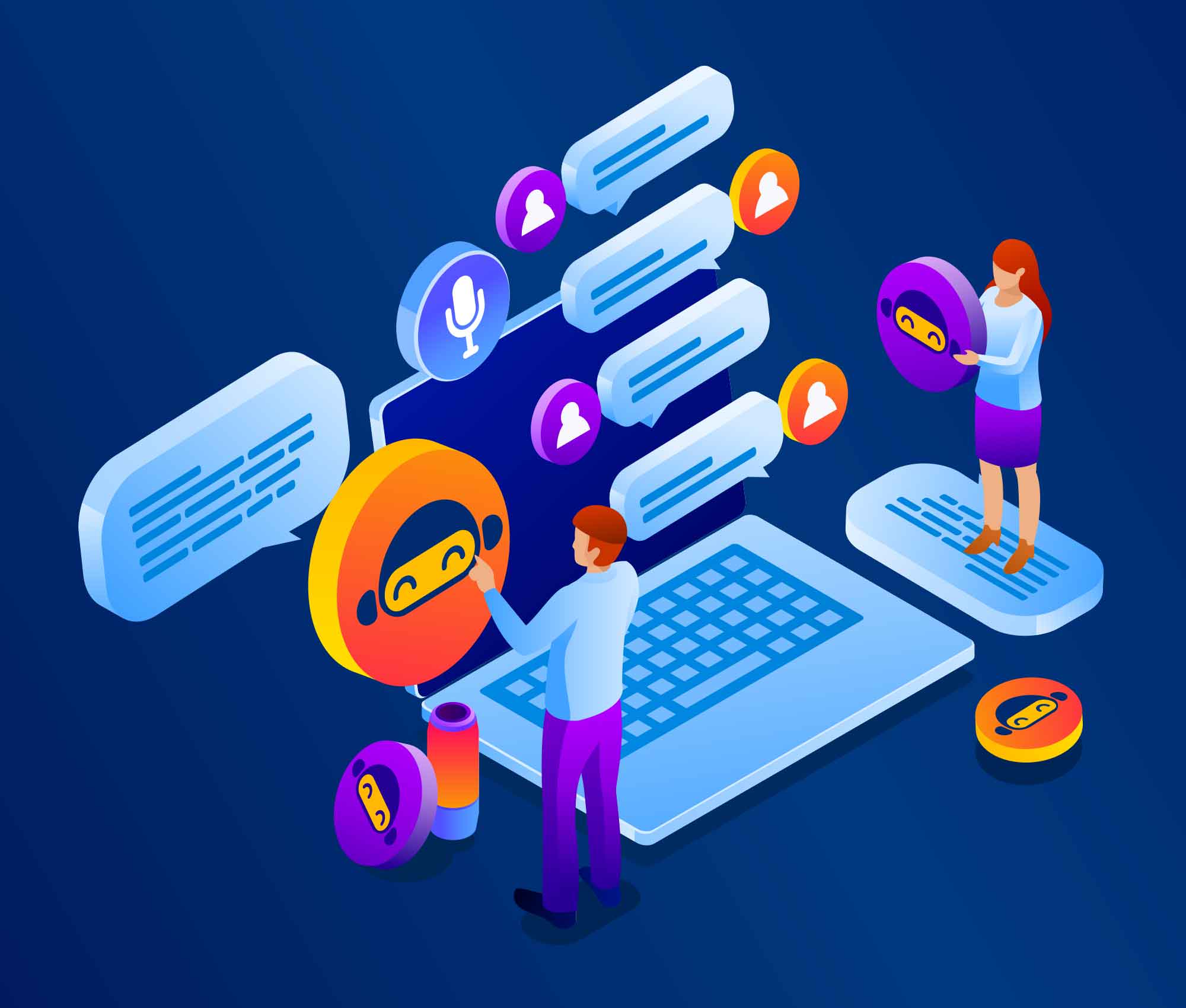- August 16, 2024
- Posted by: melisa siide
- Category: Salesforce Articles

Selecting the ideal AI chatbot for your business is crucial for leveraging artificial intelligence effectively. With a variety of chatbots available, each designed for different purposes—such as Siri as your personal assistant, Einstein Copilot as a versatile digital employee, or ChatGPT as a conversational partner—finding the right fit can be a challenge.
AI chatbots are sophisticated programs designed to mimic human conversation through text or voice. Unlike traditional rule-based chatbots, which follow predefined scripts, modern AI chatbots are powered by large language models (LLMs) trained on extensive datasets. This training enables them to understand natural language and deliver relevant, context-aware responses.
The Advantages of AI Chatbots
AI chatbots have revolutionized customer interactions, moving beyond the days of static, robotic replies and long wait times. Today’s chatbots offer instantaneous, personalized service, enhancing customer satisfaction and efficiency.
For businesses, AI chatbots provide transformative benefits. They can analyze interaction data to uncover insights that might otherwise be overlooked. In an era where data is pivotal, chatbots can gather and process conversational data to address common customer pain points, identify recurring questions, and help refine products and services.
Choosing the Best AI Chatbot for Your Needs
With numerous chatbot solutions on the market, each with its own strengths, it’s essential to evaluate your needs and compare options. Here are key factors to consider:
Define Your Goals
Different chatbots serve various purposes, from customer support and sales to marketing. Start by clarifying what you want to achieve with a chatbot. Are you looking to reduce costs, boost sales, or streamline customer service? For instance, if enhancing customer support is your priority, focus on chatbots that excel at handling frequent inquiries. If automating internal tasks is more important, choose chatbots that integrate seamlessly with your current systems and manage complex workflows. For increasing sales, seek chatbots that can offer personalized recommendations and handle transactions.
Consider the long-term impact of a chatbot on your business. For example, an HR chatbot could enhance employee engagement by providing support and information around the clock, while a sales chatbot might improve conversion rates by targeting high-quality leads.
Assess Data Integration
A crucial aspect of selecting a chatbot is its ability to access and utilize your company’s data. A chatbot’s effectiveness often depends on how well it integrates with your existing systems and data sources. Evaluate how the chatbot connects to your data repositories, such as CRM systems, customer records, and product databases. A chatbot that can pull information from these sources will provide more accurate and tailored responses. For example, if an online store’s chatbot can access the order management system, it can provide specific details about an order’s status, enhancing the customer experience. Similarly, a chatbot with access to employee records can deliver personalized HR support.
When comparing chatbots, look for ones that integrate with systems like Salesforce, SAP, or custom databases. Ensure they adhere to data security standards and can leverage your existing data effectively.
Consider AI Chatbot Implementation and Resources
When evaluating chatbot solutions, consider the technical requirements, budget, and time needed for implementation. Some chatbots offer low-code or no-code options, which are easier to deploy but might have limitations in customization. Determine the level of technical skill required for setup and ongoing maintenance, and be aware of any additional costs for scaling or advanced features. Understanding these factors will help you gauge the total cost of ownership and ensure that the chatbot meets your needs effectively. Also, think about the internal data the chatbot needs to be trained on to function optimally. Integrating and centralizing your data will enhance the chatbot’s performance across various functions, from marketing and sales to customer service and IT. As natural language processing technology continues to evolve, AI chatbots are becoming increasingly sophisticated and intuitive. Staying ahead of these advancements can position your business to leverage these tools effectively.
The field is advancing rapidly, with innovations that promise even greater capabilities and value. Starting with simple implementations and gradually expanding can help you stay adaptable and make the most of emerging technologies.
Embrace the AI chatbot revolution now to benefit from these advancements and prepare for the future of AI-powered customer interactions.
You can read the original article here.
Want to see more content like this? Check our blog page!
Click to get information about our customers.
Click here to return to our main page.

